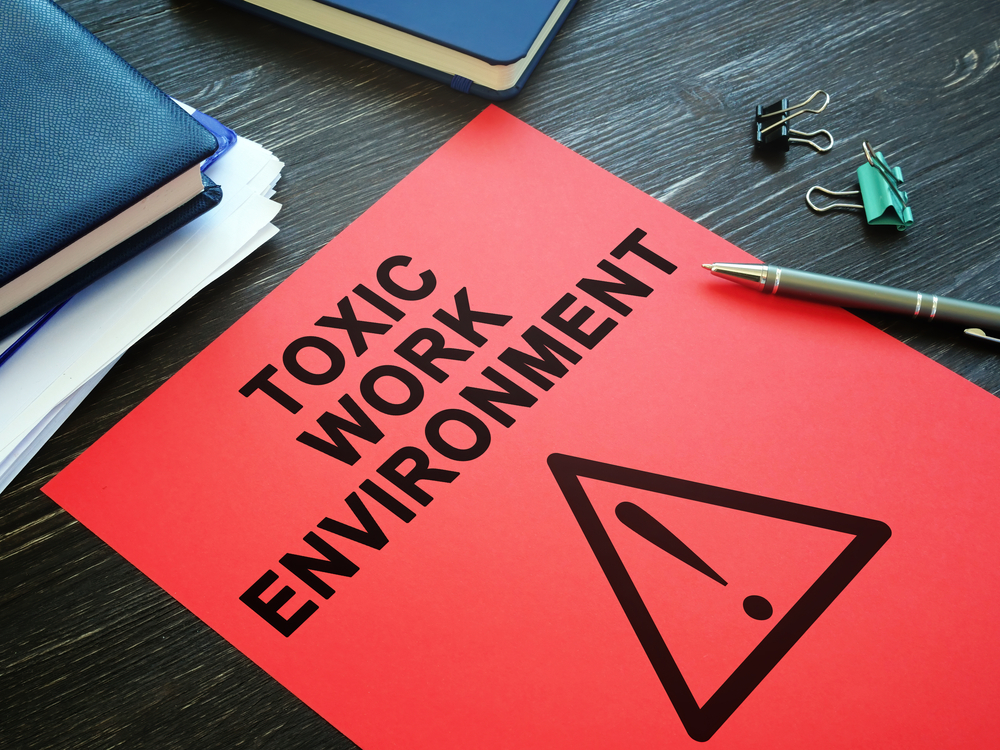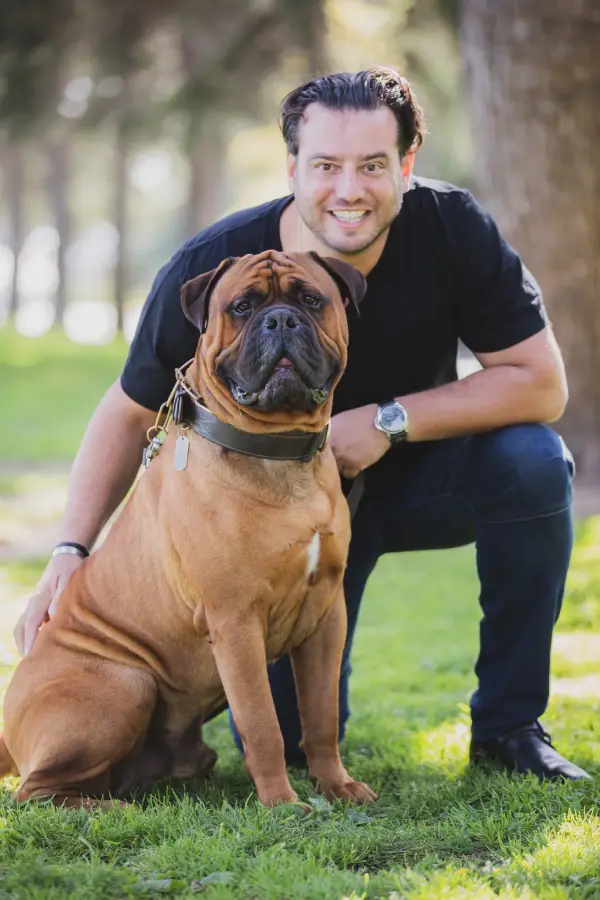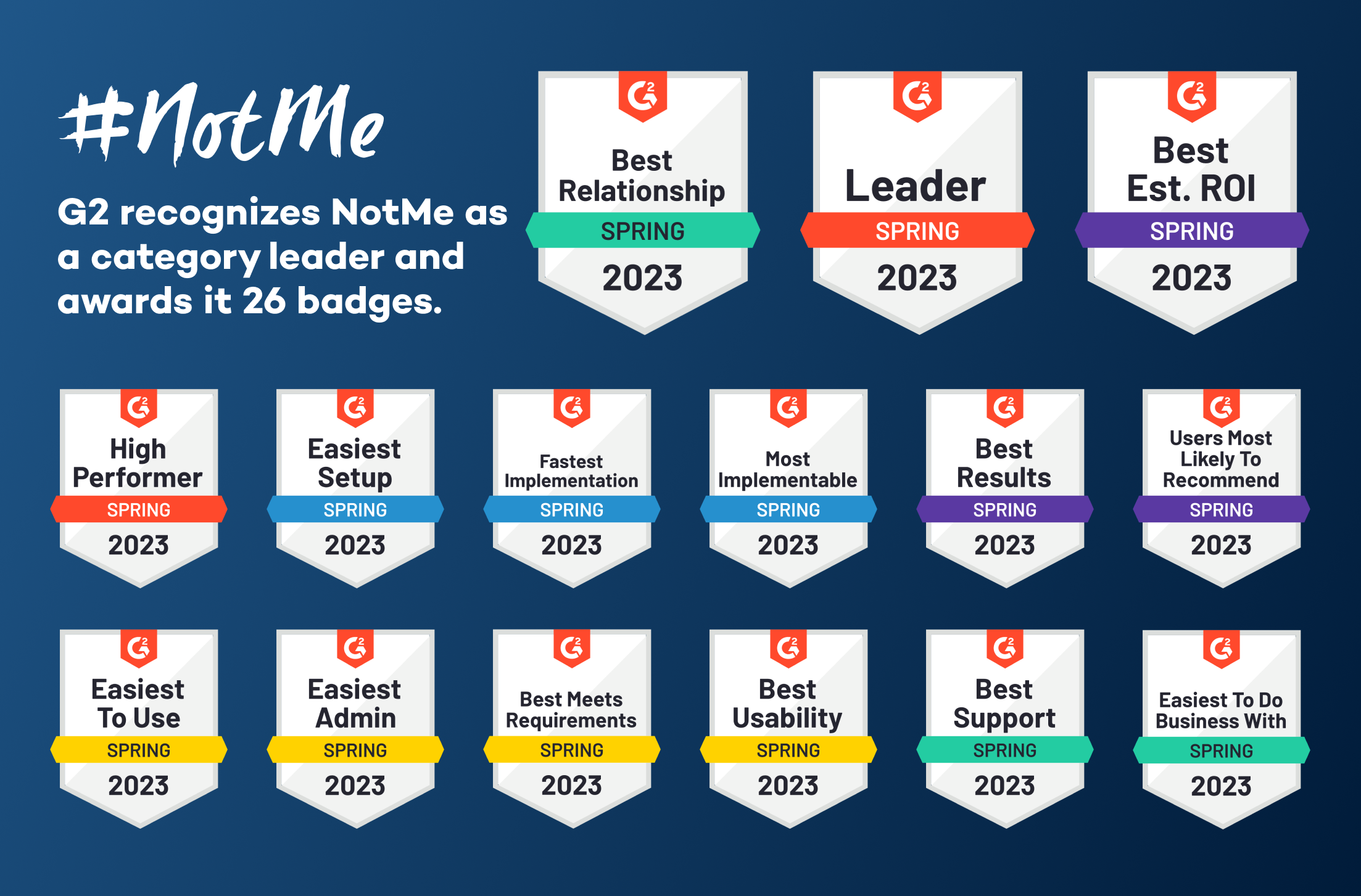No company or workplace would come out and say that their systems are designed to sweep problems with executive misconduct under the rug, or that their responses are designed to deflect responsibility when issues do arise. Most, if questioned, would say that they unquestionably have adequate reporting protocols and channels in place, and that they hold wrongdoers accountable. But “adequate” isn’t enough.
In the changing legal landscape, organizations need to be wary of relying on outdated systems—not only have recent cases shown how lacking they are at preventing harm, but also how companies are being held to a higher standard than before. CEOs and other corporate officers can no longer hide behind the idea that “they didn’t know” about pervasive sexual misconduct in their organization. If that ignorance is because they weren’t looking for it, now they can be held accountable too.
An Evolving Picture of Responsibility
Take the ongoing fallout from Steve Easterbrook’s tenure as CEO of McDonald’s. He was fired in 2019 for violating company policy by having an inappropriate consensual nonphysical relationship with an employee. At that time, the board of directors chose to fire him “without cause,” allowing him to walk away with a large severance package, because the alternative would require proving “dishonesty, fraud, illegality or moral turpitude” in his conduct. Then an anonymous tip the following July alleged that Easterbrook had had a sexual relationship with another employee while he was CEO. The investigation into that claim revealed that in fact Easterbrook had physical, sexual relationships with a total of three employees during his tenure.
Evidence of the relationships was found in the form of explicit photos and videos on Easterbrook’s work email account, which he had used to send the material to his personal email. He had deleted the photos from his company phone when he turned it over for the initial investigation in the fall of 2019. McDonald’s filed a lawsuit in August 2020 to get the full amount of Easterbrook’s severance package back. The suit was settled in 2021, with Easterbrook being forced to repay $105 million in cash and stock.
The story, however, does not end there. David Fairhurst, McDonald’s HR chief, was fired the day after Easterbrook was. While the company did not comment on the cause at the time, and contemporaneous media accounts depicted his departure as an “exit” or “resignation,” McDonald’s later acknowledged the departure was tied to allegations of Fairhurst’s own misconduct. This also took place against a general backdrop of allegations of sexual harassment at all levels in McDonald’s in the years leading up to the two corporate officers’ ouster.
Shareholders sued McDonald’s and Fairhurst in the Delaware Court of Chancery, claiming that he failed in his duty of oversight by both participating in and ignoring red flags about the company’s toxic culture of persistent sexual misconduct. The lawsuit alleges that Fairhurst himself was accused of sexual harassment in 2016, disciplined over an incident two years later, was warned about his use of alcohol at company events, and was ultimately terminated over another act of sexual harassment.
The court’s previous Caremark decision had already established that directors of a company are required “to make a good faith effort to ensure that effective information and reporting systems exist within a company and not to ignore red flags signaling misconduct,” but Fairhurst sought to have the case dismissed on the ground that corporate officers do not share that duty of oversight. The court disagreed, ruling in favor of the shareholders. In the ruling, Vice Chancellor Travis Laster wrote that Fairhurst “had an obligation to make a good faith effort to put in place reasonable information systems so that he obtained the information necessary to do his job and report to the CEO and the board, and he could not consciously ignore red flags indicating that the corporation was going to suffer harm.” (In an instance of masterful understatement, Laster also noted that “[w]hen a corporate officer himself engages in acts of sexual harassment, it is reasonable to infer that the officer consciously ignored red flags about similar behavior by others.”)
The warning is clear for companies that think the old ways of reacting to instances of misconduct are still effective. The initial response by McDonald’s was a fairly standard example of corporate response—remove the CEO and HR chief from the company as expeditiously as possible, trying to minimize negative publicity or potential litigation without true regard to accountability. That simply isn’t going to work anymore. Companies are now being judged on the quality of the systems they have in place to prevent misconduct and exposing themselves to liability if they are not actively working to put effective systems in place.
Nor is the McDonald’s ruling an isolated example. Activision Blizzard recently settled SEC charges that it had failed to maintain disclosure controls and it had violated an SEC whistleblower protection rule, paying a $35 million penalty. The SEC’s order noted that between 2018 and 2021 Activision Blizzard “lacked controls and procedures among its separate business units to collect and analyze employee complaints of workplace misconduct.” Organizations are now expected to proactively work to find misconduct and identify patterns of misbehavior and will be held accountable when they do not.
Modern Solutions for Averting Problems
The time for businesses to act is now, not after millions of dollars of CEO compensation become the focus of costly court battles. The #NotMe platform is a complete solution for organizations seeking to mitigate risk, build trust, and root out damaging misconduct. Having a reporting system is a given—but when quality and efficiency matter, you can’t afford to have less than the best. To find out more about how #NotMe’s reporting app and case management system can give you the information and insight you need to protect your employees and your organization, contact us here.
We also wrote this blog that you may be interested in: Does the Buck Stop with HR or the CEO?












